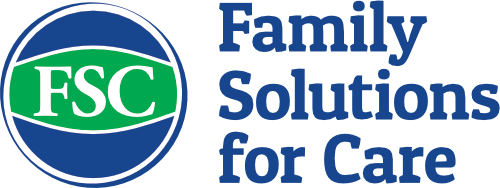
Why do families need help with long-term care insurance claims?
There have been over 400,000 varieties of issued long-term care insurance policies and riders issued since the industry began in 1969. LTCi claims can be as complex as Medicare claim filing and no policies are the same.
Claims require medical records, care assessments, plans of care, daily care notes, time sheets, and itemized billing that all are documented in the language the carrier requires. There is no uniform coding system for the long-term care insurance industry.
Documentation is required each month the policyholder is on a claim. Reassessments can be asked for by the carrier anytime. Most carriers ask for reassessments every 6 months. Some are asking every 60 days.
It is common for a policyholder to have their claim be stalled. This is primarily a function of missing documentation. Most often, the policyholder and/or caregiving team, do not realize anything is wrong, until months go by, and no benefit payments are received.
There are times a policyholder may have improved health due to increased oversite such as meal preparation, medication management, and therapy. This can result in benefit payments being stopped legitimately.
Do Nursing Home only policies only pay for care in a nursing home?
Nursing Home only policies may allow families to live in Assisted Living. It requires research and being knowledgeable regarding State laws.
Don’t the people at the Assisted Living Facilities help get claims processed?
When a policyholder moves into an Assisted Living Community, they most often are eligible for benefits from their policy from prior care, or days in rehab. The Assisted Living staff does not have the authority or time to get records for those retroactive benefits. In our work, the average amount of retroactive benefits received is $26,000. We have had families receive over $100,000 in retroactive benefits.
The assisted living communities may submit monthly invoices to the insurance carrier. The insurance carriers very often deny they have received the invoices. In addition, the facilities do not have the staff time to check their monthly documentation against the policyholder’s long-term care insurance contract.
Communities are increasingly concerned about the liability of advising residents about their benefits and instead refer them to companies like Family Solutions for Care for professional guidance.



